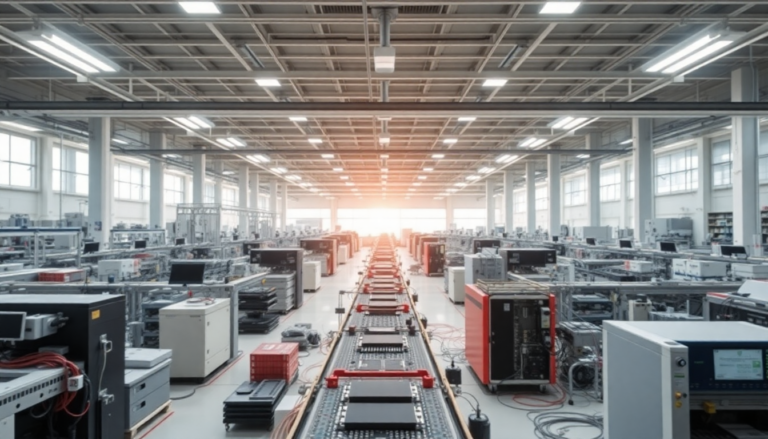Argomenti trattati
Taiwan’s new regulations on semiconductor exports
In a significant move to enhance control over its semiconductor industry, Taiwan has announced new regulations that will tighten the export of advanced process technologies. According to reports from Economic Daily, these regulations are aimed at overseeing outbound investments in the semiconductor sector, particularly those involving Taiwanese companies. The measures set forth the ‘N-1’ technology restriction, which effectively prohibits TSMC from exporting its latest production nodes, introducing severe penalties for any violations.
The ‘N-1’ rule, confirmed by Premier Cho Jung-tai, is particularly relevant to TSMC’s operations in the United States. This regulation stipulates that only semiconductor manufacturing technologies one generation older than the latest can be deployed outside Taiwan. Prior to this amendment, Taiwan’s laws did not explicitly necessitate such stringent controls for the semiconductor manufacturing processes, which are vital for maintaining the country’s technological edge.
Understanding the implications for TSMC
Currently, TSMC is operating its leading-edge N3P manufacturing technology, but it is poised to begin production on its next-generation N2 fabrication process within the year. This transition raises questions about which technology will be classified as ‘flagship’ by Taiwanese authorities and thus subject to export restrictions. As TSMC plans to introduce even more advanced nodes, such as N2P and A16, it remains uncertain how these developments will be regulated. The government’s definitions will play a crucial role in determining the future of TSMC’s international operations.
With TSMC’s ambitious plans to expand its American production capacity—ramping up investments from $65 billion to a staggering $165 billion—these new regulations could significantly impact its global strategy. The uncertainty surrounding the classification of its technologies could lead to complications in TSMC’s ability to meet international demands. While TSMC continues to be a leader in semiconductor manufacturing, navigating these regulations will be a critical aspect of its future growth.
New investment restrictions and national security
Alongside the export restrictions, Taiwan’s amended law empowers authorities to scrutinize and potentially reject foreign investments that could threaten national security or economic development. This new legislation, passed after extensive deliberation in the Taiwanese parliament, introduces stricter criteria for approving overseas investments. The law retains six key conditions under which investments can be declined or canceled, including risks related to national security and economic harm.
As per the revised Article 22, the authorities now possess greater authority to reject investments or impose conditions on approvals. If a company is approved for investment but subsequently poses risks to national interests, the central authorities can mandate corrective actions or even revoke the investment entirely. This new law elevates existing regulations from mere guidelines to formal legal statutes, introducing significant consequences for non-compliance.
Implementation timeline and penalties
The Ministry of Economic Affairs has indicated that the implementation of these laws will be announced following revisions to sub-regulations, with the earliest enforcement likely starting in late 2025. This timeline is particularly relevant given the rising geopolitical concerns and TSMC’s significant investment plans in the U.S. market. The introduction of penalties for unauthorized overseas investments is a notable shift, with fines ranging from NT$50,000 to NT$1 million for non-compliance.
Additionally, companies that fail to rectify violations after receiving approval can incur heavier fines, potentially reaching up to NT$10 million. However, given TSMC’s sizeable investments in its U.S. facilities, even substantial fines may not drastically affect the company’s financial standing. As the semiconductor industry faces increasing scrutiny and regulation, the balance between innovation and compliance will be critical for companies like TSMC.

